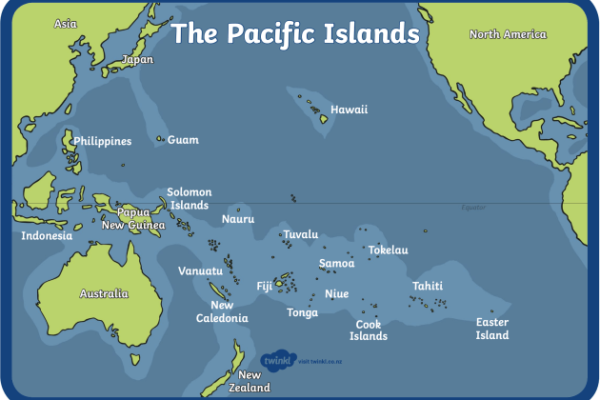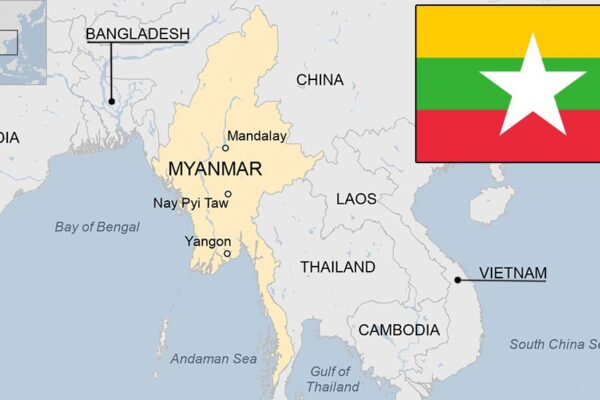North Korea to sell gambling rights at vacant 105-floor Ryugyong Hotel in Pyongyang
A North Korean hotel which has been under construction for 37 years has plans to sell the rights to operate a casino on the premises if the operator promises to complete construction of the building’s interiors, a resident of the capital Pyongyang told Radio Free Asia. The 105-floor Ryugyong Hotel began construction in 1987 and at 330 meters (1,080 feet), it is the tallest building in North Korea and the most iconic structure in Pyongyang’s skyline. Though it was supposed to open in 1992, the collapse of the Soviet Union ended the steady stream of aid from Moscow, and the North Korean economy entered a period of crisis that culminated in the 1994-1998 famine, so finishing the hotel became less of a priority. External construction was completed in 2011 and the Ryugyong was supposed to open partially in 2013, but those plans fell through. Though it remains vacant, LEDs have been installed on one side of the building’s facade, converting it into one of the world’s largest displays. It’s currently used to show propaganda signage, visible from much of the city at nighttime. Gamblers play a slot machine in Pyongyang, April 12, 2012. (Pedro Ugarte/AFP) “A plan to install a casino at the Ryugyong Hotel has been reviewed,” a resident of the capital told RFA Korean on condition of anonymity for security reasons. “The plan is to try to attract foreign investment.” The review happened after the country’s leader Kim Jong Un ordered that the government take practical measures to promote tourism, according to the resident. “The authority to determine the location of the casino to be installed at the hotel and the right to operate the casino will be granted to a foreign entrepreneur who invests in the cost of internal construction,” he said. “This project was approved by the Central Committee after reviewing and discussing the profitability of the casino installed at the Yanggakdo Hotel, also in Pyongyang.” The Yanggakdo is North Korea’s first luxury hotel, opened in 1996. It is perhaps most well known as the site of the 2016 Otto Warmbier banner-stealing incident that led to the U.S. citizen’s detention and eventual conviction and 15-year prison term. Warmbier was repatriated in a vegetative state in June 2017 and died shortly afterward. Authorities hope to capture the success of the foreigners-only casino at the Yanggakdo in the Ryugyong. Light designer Kim Yong Il smiles during an interview with the Associated Press as his creation, the light show displaying propaganda messages on the facade of the pyramid-shaped Ryugyong Hotel, is seen in the background in Pyongyang, North Korea, Dec. 20, 2018. (Dita Alangkara/AP) Casinos in North Korea are very profitable for the government, as they siphon away foreign currency from international tourists, a resident from the northwestern province of North Pyongan told RFA on condition of anonymity to speak freely. Currently the country has two such casinos, at the Yanggakdo in Pyongyang and the Bipa Hotel in the Rason Special Economic Zone in the northeast near the border with China and Russia. The 105-storey Ryugyong Hotel, the highest building under construction in North Korea, is seen lit up ahead of 70th anniversary of country’s foundation in Pyongyang, September 6, 2018. (Danish Siddiqui/Reuters) “When the casino is built at the Ryugyong Hotel in Pyongyang and the hotel’s accommodations, restaurants, swimming pool, and billiards room are finally completed … tourism in Pyongyang is expected to be revitalized,” the North Pyongan resident said. “This is why overseas investment is desperately needed.”. He said trade representatives would advertise the investment opportunity at a Chinese government-sponsored product exhibition event involving North Korea, China, Russia and Mongolia scheduled to start on Saturday in the Chinese city of Dandong, which lies across the Yalu River from North Korea’s Sinuiju. Translated by Claire S. Lee. Edited by Eugene Whong.




